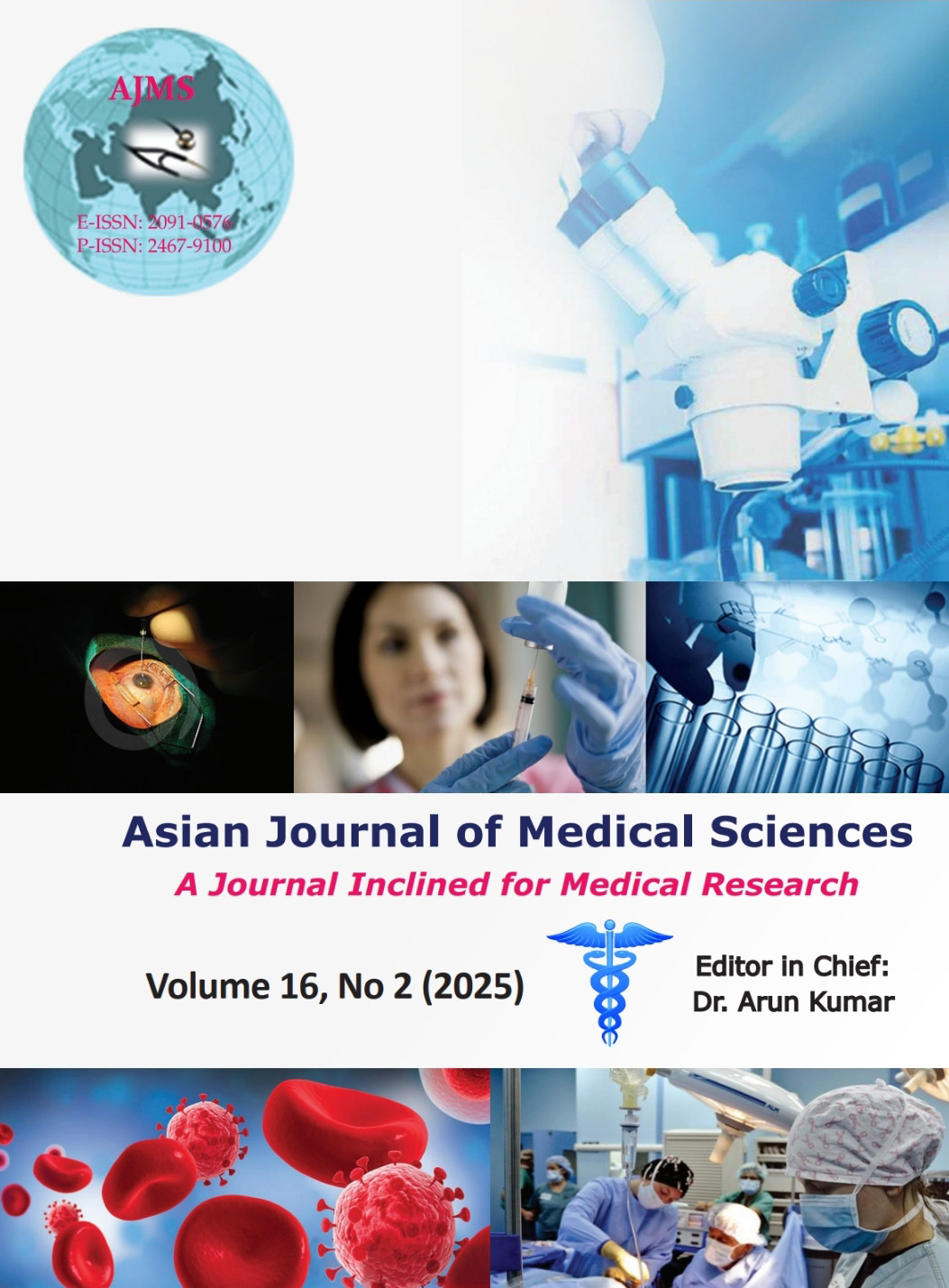A study of the clinico-demographical profile of different dengue serotypes circulating in a Southern district of West Bengal, India
Keywords:
Dengue serotypes; Non-structural protein 1 antigen; Dengue virusAbstract
Background: Dengue virus (DENV) which is endemic in many tropical and subtropical areas around the world has four serotypes (DENV1, DENV2, DENV3and DENV4), this viral infection can either cause mild febrile illness Dengue fever or severe, such as Dengue hemorrhagic fever or Dengue Shock Syndrome. The dominant dengue serotypes in a region often change over time and the infecting serotypes are seen to have an impact on the clinical presentation and outcome of the patient.
Aims and Objectives: Finding the proportion of Dengue non-structural protein 1 (NS1) reactive cases among patients with fever <5 days as well as molecular detection of the prevalent dengue serotypes.
Materials and Methods: This study was conducted at the Department of Microbiology at Tamralipto Government Medical College and Hospital, East Midnapore, West Bengal. Blood collected from patients suffering from fever <5 days was tested for Dengue NS1. Samples reactive for Dengue NS1 were further tested for dengue serotyping by reverse transcription polymerase chain reaction. The results obtained were analyzed and interpreted.
Results: Out of 7574 samples of fever patients tested for dengue NS1, 882 samples were reactive and among these 882 NS1 samples, (DENV) ribonucleic acid was detected in 714 samples. The predominant serotype detected was DENV2 (63.73%) followed by DENV3 (26.89%), DENV1 (6.72%), and DENV4 (2.66%). Among the NS1 reactive patients, 52 (5.90%) patients suffered from hemorrhagic complications; among whom the predominant serotype was DENV2 followed by DENV3.
Conclusion: The infecting dengue serotype seems to have an impact on the disease severity and early detection may help us predict prognosis and need for hospital monitoring, hence reducing complications and mortality. Since the region-wise serotypes are diverse and change every few years, molecular surveillance helps in the early detection of any shift from previously circulating serotypes and thus prepares for handling more severe dengue cases.
Downloads
Downloads
Published
How to Cite
Issue
Section
License
Copyright (c) 2025 Asian Journal of Medical Sciences

This work is licensed under a Creative Commons Attribution-NonCommercial 4.0 International License.
Authors who publish with this journal agree to the following terms:
- The journal holds copyright and publishes the work under a Creative Commons CC-BY-NC license that permits use, distribution and reprduction in any medium, provided the original work is properly cited and is not used for commercial purposes. The journal should be recognised as the original publisher of this work.
- Authors are able to enter into separate, additional contractual arrangements for the non-exclusive distribution of the journal's published version of the work (e.g., post it to an institutional repository or publish it in a book), with an acknowledgement of its initial publication in this journal.
- Authors are permitted and encouraged to post their work online (e.g., in institutional repositories or on their website) prior to and during the submission process, as it can lead to productive exchanges, as well as earlier and greater citation of published work (See The Effect of Open Access).




